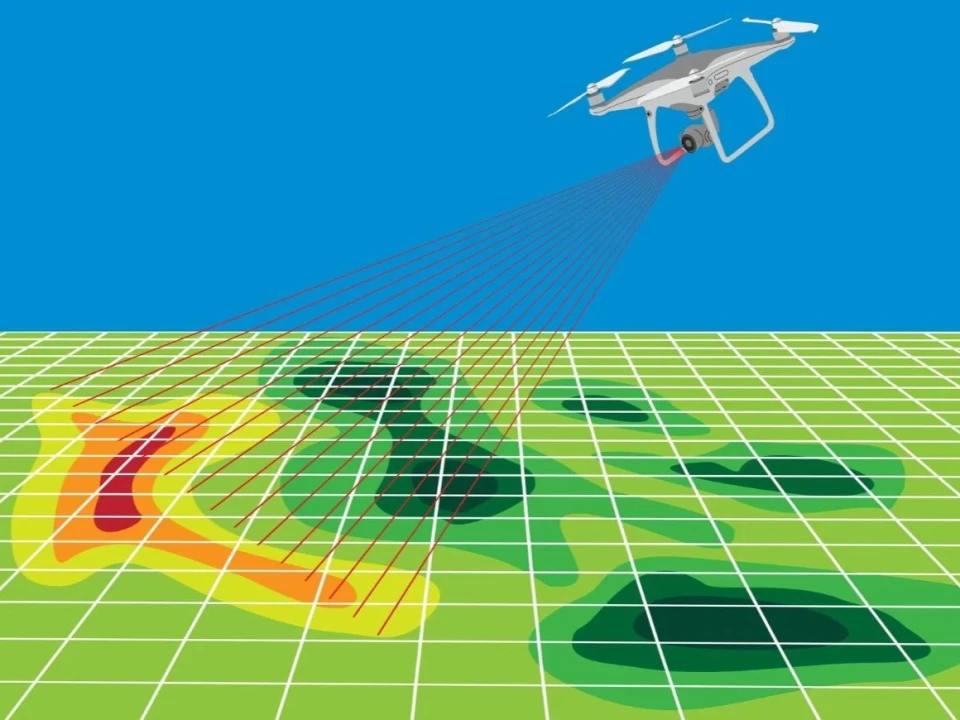Food waste, scarcity of resources and raw materials, and global warming are challenges that also involve what is one of the sectors par excellence of Made in Italy, food.
Bringing innovation with projects that can have positive effects in the Food- and Agri-Tech sectors is one of the goals of the FoodSeed accelerator by Cassa Depositi e Prestiti Venture Capital, Fondazione Cariverona, UniCredit and Eatable Adventures, which has selected 7 promising Italian start-ups.
Blockchain for a transparent supply chain
Ensuring supply chain transparency by providing a traceability system from the farmer to the table is the mission of Trusty, the platform with a dashboard that can be customized to the size of the company that needs to use it, which uses blockchain technology to provide consumers and stakeholders with transparent and reliable information about the origin, quality, and ensure product safety and a more sustainable supply chain.
Sounds as fermentation boosters
One system to accelerate the growth of microorganisms by up to 300 percent is So.Sweep from start-up Hypersound. How is it possible? Through sound therapy. A device reproduces low-frequency sound waves that increase the reproduction of microorganisms such as algae, reducing industrial time and costs. One of the possible applications is for beer production or Spirulina algae, which is used in the food industry for some of its organoleptic and coloring properties.
Cocoa? Yes, but sustainable
That's the promise of Foreverland, the start-up founded with the goal of reducing the carbon footprint of food products by making "future-proof" products, starting with chocolate. Hence FreeCao was born. It contains 50 percent less sugar than traditional chocolate, contains no allergens, is completely natural, is vegan, and reduces CO2 emissions by 80 percent and water consumption by 90 percent to produce it. This cocoa-free chocolate is made from carob, a legume that is widespread in southern Italy, the production of which can also be a driver for the local economy.
Packaging that extends the expiration date of foods
Preserving food well and longer also means reducing food waste. To improve and revolutionize this sector, AgreeNET, has come up with an innovative, biodegradable, bio-based material, with which it has created a POD that, when inserted into the packaging of food products, allows them to increase their shelf life by up to 20 days by emitting functional natural substances, normally produced by plants to protect themselves from pathogenic microorganisms.
Precision livestock farming
Optimizing the management of extensive livestock farms and having tools to monitor livestock welfare, even remotely. These are the needs, experienced firsthand by the founders of Regrowth, who have created a Precision Livestock Farming (PLF) tool to reduce animal losses by about 60 percent by enabling early detection of diseases and, consequently, reduce antibiotic use. Through the L.E.A.F. (Live environment & Animal feedback) system they are able to track and record animal behavior and health status. They are currently designed for poultry and free-range pig farming, which involves many risks associated with frequent moves from the barn to the pasture.
IoT in aid of farmers
Agriculture can also be technological. This is demonstrated by a solution proposed by Soonapse, which has created a Decision Support System (DSS) that can help farmers optimize water use. The system integrates contextual information with data collected from IoT such as drones, satellites and sensors and forecasts dynamically and in real time according to a predictive model that evolves with the changing data that Artificial Intelligence reads and deciphers with the purpose of implementing precision irrigation. In fact, this system is able to predict the state of water in a soil or crop for the next 5 days.
The solution for sustainable agriculture
Another problem in agriculture is plant protection in a global context that will increasingly limit the scope of chemical pesticide use. There is talk of a 50 percent reduction by 2030, so there is a need to find alternative solutions, such as that of the Friuli-based start-up Agreen Biosolutions. An ozonized oil, with varying concentrations of ozone, defined as corroborating and with a biostimulating and phytosanitary effect, to be applied to agricultural fields to protect or cure them, capable of stimulating the harvest with an efficacy equal to common phytosanitary products and with a comparable cost.




